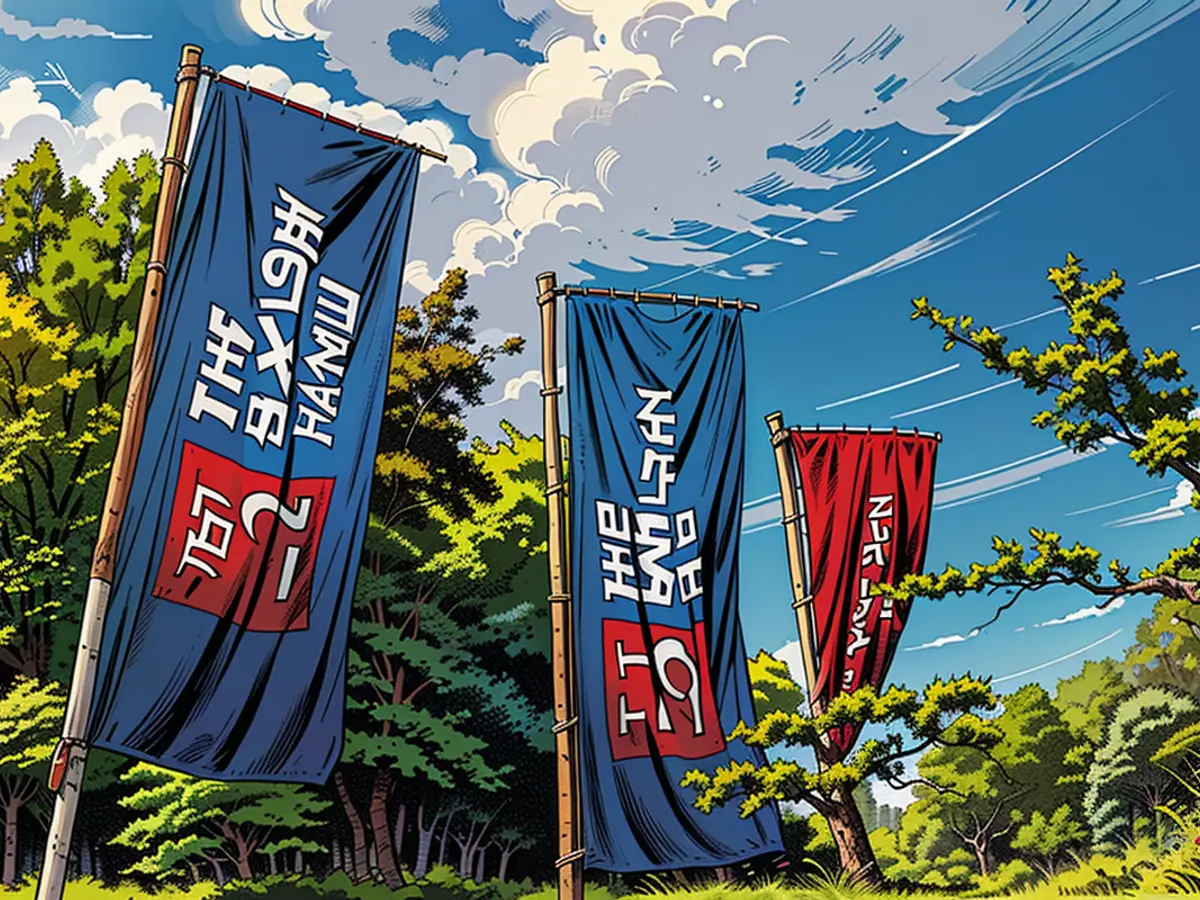Bahlsen publishes 'painful' research results
The company of her family had treated forced laborers "well" during World War II. Five years ago, Verena Bahlsen caused a scandal with this statement. This was followed by scientific research into the family history - and thus an admission.
The family company Bahlsen used far more forced laborers from Poland and Ukraine for the production of biscuits and other food during World War II than previously known. This is the main finding of a historian's report presented on Tuesday. "If we count all the forced laborers who were at Bahlsen during the war years, it's many times more," said the study's author and historian Manfred Grieger from the University of Göttingen. Previously, the range of 200 to 250 forced laborers was often mentioned, but Grieger said that 785 workers are now known by name.
The Bahlsen family had to be confronted with this truth. "Many details of our corporate history were not known to us, and the truth is that we didn't ask. As a family, we didn't ask the obvious question of how our company managed to survive the Second World War," the Bahlsens said in a press release commenting on the findings of the investigation.
For decades, it had been said in the family that they had nothing to reproach themselves for regarding forced labor. Heiress Verena Bahlsen caused an uproar in 2019 when she said, "We paid the forced laborers the same as the Germans and treated them well."
"Germany has failed here"
Following this, the Bahlsens apologized and commissioned historians Manfred Grieger and Hartmut Berghoff to investigate how it really was with the forced laborers and Nazi involvement at the time. They opened their archives to the scientists. The two historians speak extensively about their findings in an interview with Capital. Their report "The History of the House of Bahlsen. Biscuit - War - Consumption 1911-1974" will be published on August 21.
"The research results show: Our ancestors and the actors at the time took advantage of the system in the Nazi period. Their main goal seemed to be to continue the company even in the Nazi regime, which had severe consequences," the Bahlsen family said in a statement. "The truth about the events at the time is uncomfortable and painful." Among other things, the company wants to commit to a living culture of remembrance with a traveling exhibition on the topic of forced labor.
In the 1990s, some forced laborers sued Bahlsen. At the time, the court ruled that the claims were statute-barred. In 2000 and 2001, the company paid 1.5 million D-Marks to the foundation initiative of the German economy, which compensated forced laborers. "That's in no proportion to the suffering of these people. Now it's too late, Germany has failed here," historian Berghoff said.
This article was first published on capital.de
The Bahlsen family's statement about treating forced laborers "well" during World War II sparked controversy five years ago. The use of forced labor at Bahlsen during the war years was significantly higher than previously thought, with over 785 workers identified by name in a historian's report.








